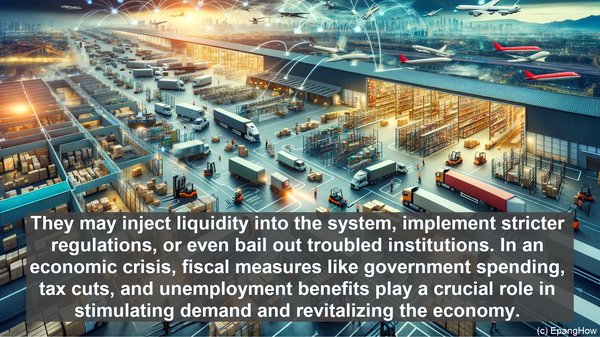Introduction: The Gravity of Crises
Hello everyone, crises have a profound impact on societies and economies. Today, we’ll explore the distinction between two significant types of crises: financial and economic. While they may seem similar, they differ in their causes, effects, and the measures taken to address them.
Defining Financial Crisis
A financial crisis primarily revolves around disruptions in the financial system. It often stems from factors such as excessive risk-taking, asset price bubbles, or a sudden loss of confidence. These events can trigger a cascade of problems, including bank failures, credit crunches, and stock market crashes. The 2008 global financial crisis, sparked by the subprime mortgage crisis, is a notable example.
Understanding Economic Crisis
On the other hand, an economic crisis encompasses a broader range of issues. It refers to a significant downturn in economic activity, characterized by factors like a decline in GDP, rising unemployment, and reduced consumer spending. While a financial crisis can be a catalyst for an economic crisis, the latter can also arise due to other reasons, such as geopolitical tensions, natural disasters, or structural imbalances.

Interconnectedness: Financial Crisis and Economic Crisis
It’s crucial to note that financial and economic crises are often intertwined. A severe financial crisis can have far-reaching consequences, leading to an economic crisis. For instance, when banks face liquidity issues and curtail lending, businesses struggle to access capital, resulting in layoffs and reduced production. This, in turn, exacerbates the economic downturn.
Policy Responses: Tailored Approaches
Given the differences between financial and economic crises, the policy responses also vary. During a financial crisis, central banks and regulatory authorities often step in to restore stability. They may inject liquidity into the system, implement stricter regulations, or even bail out troubled institutions. In an economic crisis, fiscal measures like government spending, tax cuts, and unemployment benefits play a crucial role in stimulating demand and revitalizing the economy.

